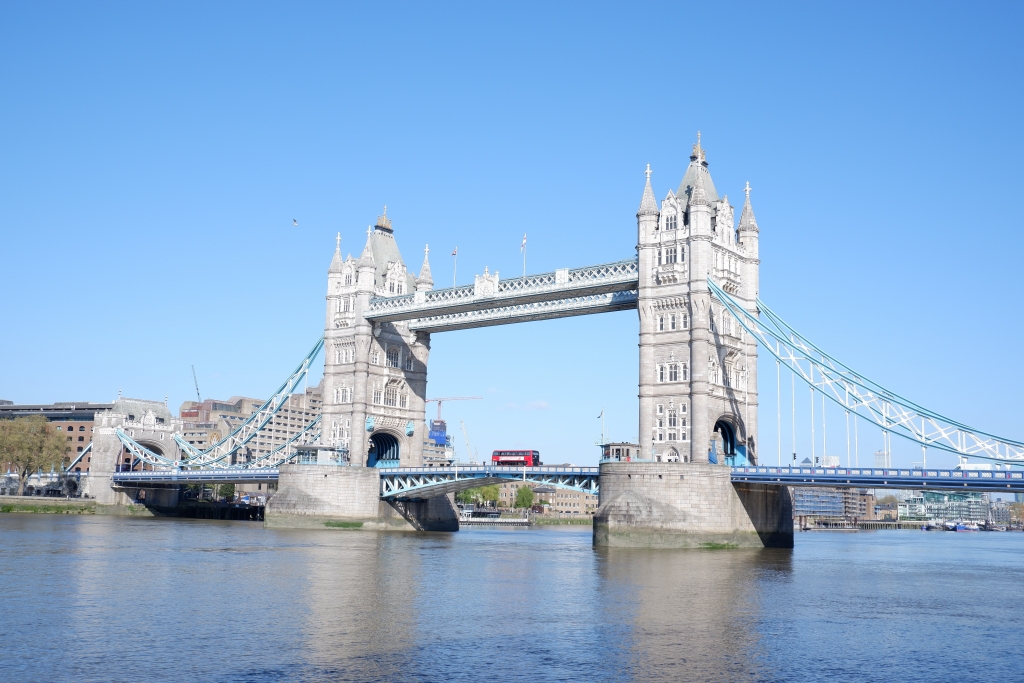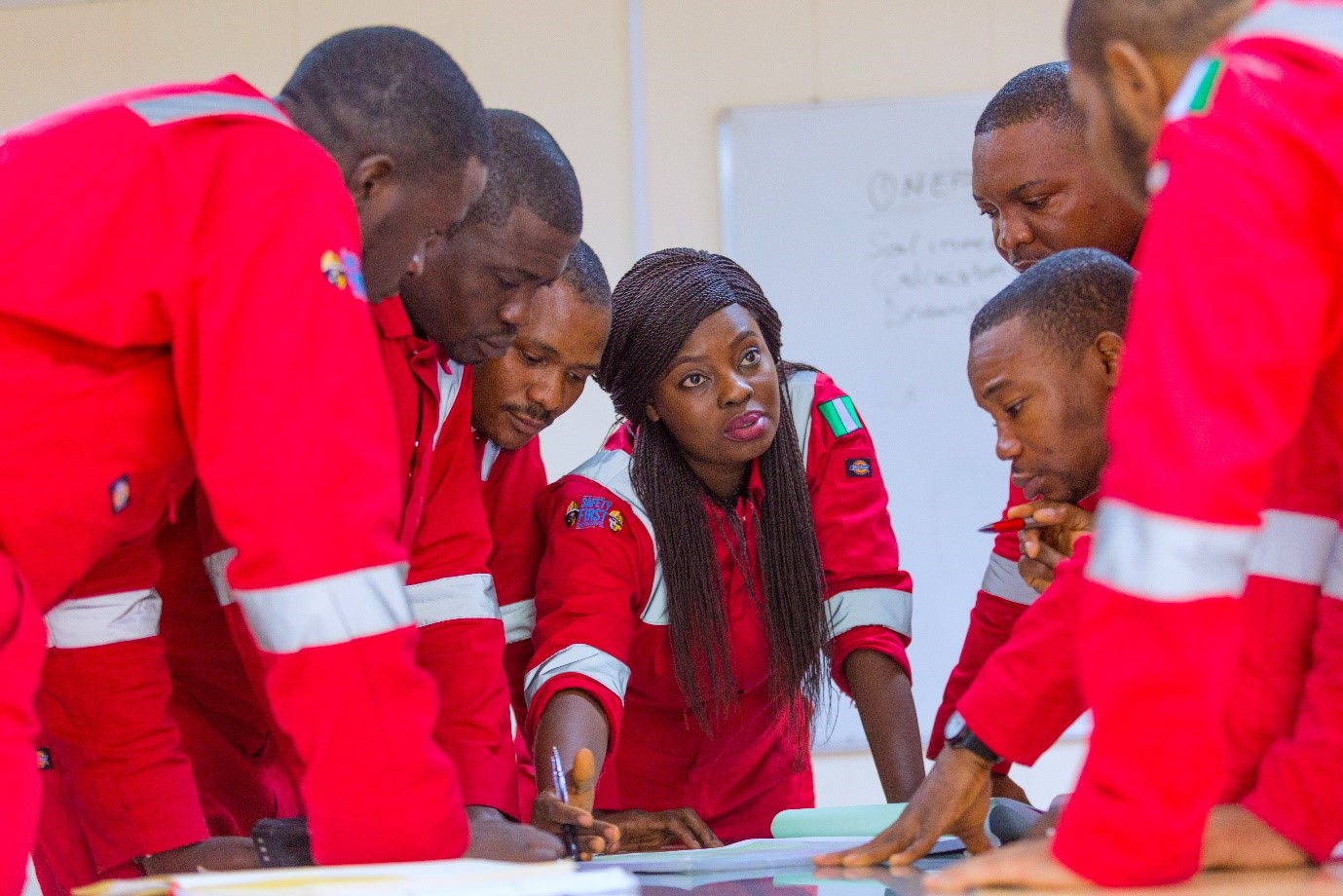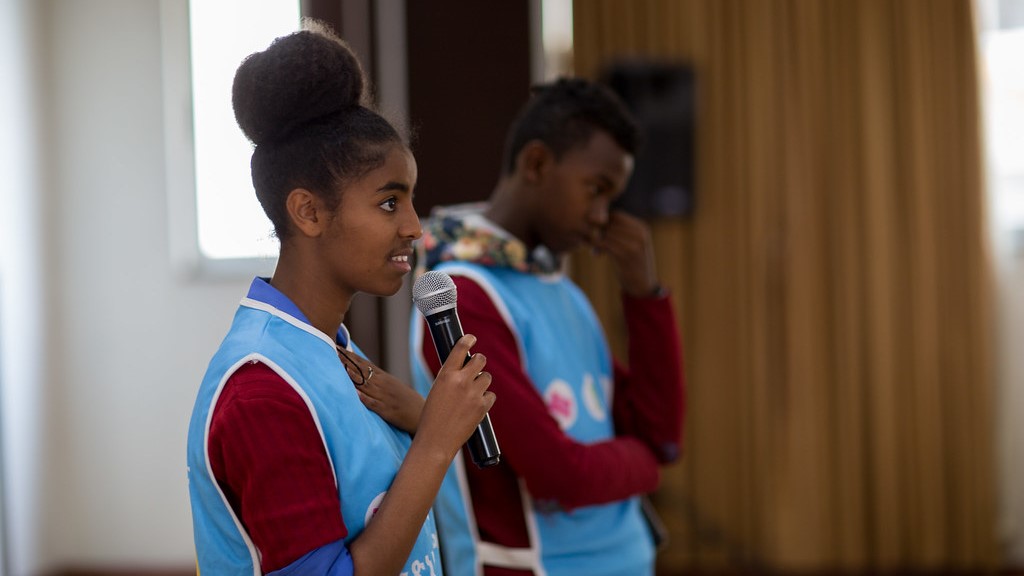Student Ambassador and MSc International Development and Humanitarian Emergencies candidate, Rahma Lestari Anggraini, shares her experience of settling into London life.

If I had to say three words from my memory about my first trip to London in October 2014, they would be “crowded, expensive, and gloomy”. London was not a city that I put on my favourite list. Hence, when I was accepted into LSE, living in London gave me more anxiety than studying at LSE itself. I even started to consider accepting an offer from another university that was located in a quieter coastal city, which I thought would be more peaceful compared to London. However, after a lot of consideration, the courses at LSE won me over and made me willing to rethink trying to live in London.
An inclusive city
Now seven months into living in London, I never expected that it could offer the sort of warmth of home to me. The more I live here, the more I realise that the massive population of London also means a more diverse city. I can find people from various backgrounds, cultures, and religions living in harmony. The fact that I often come across other people who also wear the hijab like me, I can easily locate stores that sell halal meats, and can find prayer rooms near me, makes me feel less of a stranger in this big city.
Eating in London
As dining out can be expensive in London, I cook at home a lot more and after seven months I have mastered many new recipes from various parts of the world. In addition, I can manage and balance my diet better as I prepare everything on my own. I only spend £1000 pounds a month, which includes food, leisure, rent, and transportation costs. Don’t worry if you are not a cook, London does have a lot of cheap options. Like cheap sandwiches in the a variety of convenience stores, restaurants that offer regular deals (Wasabi gives you half price on all of its sushi 30 minutes before the store closes and you can purchase a giant pancake in My Old Dutch only for £5,99 every Monday), or even queuing -up for free food delivered by the Hare Krishna group on the LSE campus. There are also some great apps like Too Good To Go, which allow you to purchase unsold food at discount prices from top eateries at the end of service, to prevent it from being thrown away. Good for the environment and great for saving the pennies!
Getting around London
Transport in London can be expensive, but again, fortunately, there are loads of ways to minimise costs. To cut down on transport costs, you need to consider two things which are: first, your accommodation location, and second, the transportation option. Living closer to school can save you a lot of time and money as you can walk or bike to school. You may also need to consider that the LSE Campus is located in Zone 1, hence accommodation near school will be more expensive. You can choose accommodation located in zone 2 which is still near to zone 1 so you can save on transportation costs and get fairly cheaper accommodation (London zones explained). There are several transportation options that you can choose: walking and biking are of course the most affordable options. London provides a cycle path that makes it easier and safer for you to travel by bike. There are also a number of self-service, bike-sharing apps starting from as little as £2 a day. Buses are also fairly cheap, costing only £1.50 for an hour long trip, no matter how many buses you take. Tube and train fare really depends on which zone you are traveling from and to. Even though it is expensive, you can get a student discount by applying on the TFL website (it was the first thing I did when I was officially registered as an LSE Student). You can get a discount by purchasing a periodic travel card. I usually purchase a monthly travel card for £96 a month and can go everywhere in London with that.
Winter highlights
London can be gloomy in winter as the sun sets sooner and there are more rainy days. But there are a lot of things that can make you feel warm in London despite the cold weather. Like the various leisure options that keep you inspired, the millions of communities that keep you company, the festive food markets, and the mesmerising architecture which lights up over the festive period and makes you feel like you are on holiday even though you’re on your way to campus.
If you are worried about living in London as much as I was before starting LSE then, what I can say to you now is “come experience London, it is not as scary and intimidating as you might have thought!”. Who knows, you may find a new home from home in London, as I have now 😊.
Rahma Lestari Anggraini is a postgraduate student in International Development and Humanitarian Emergencies and a Student Ambassador. Before coming to LSE, she worked as Market Research Consultant in Nielsen, Indonesia for two and a half years. She loves cooking, baking, research and studying languages. Other than her native language and English, she can also speak fluent Korean.
The views expressed in this post are those of the author and in no way reflect those of the International Development LSE blog or the London School of Economics and Political Science.





